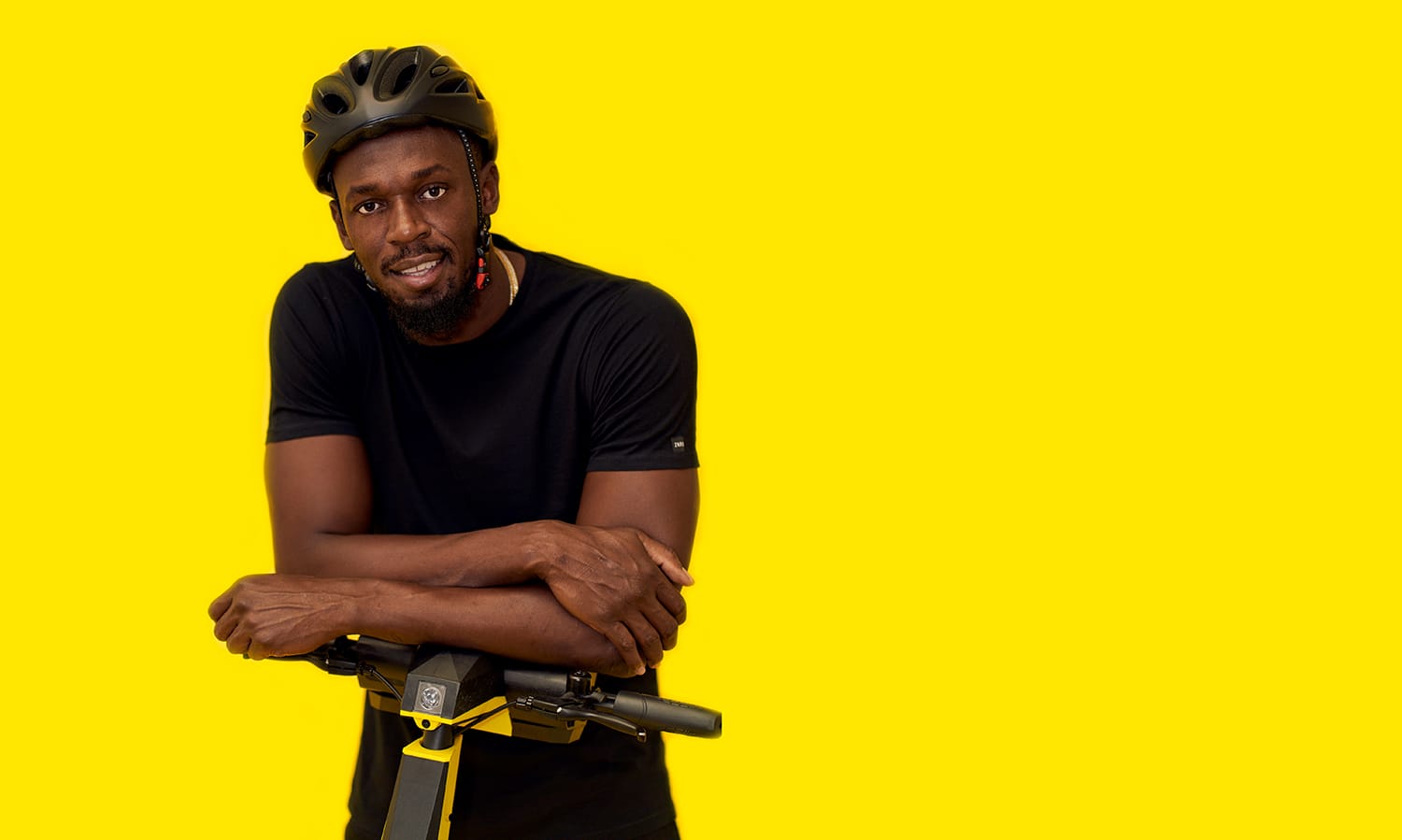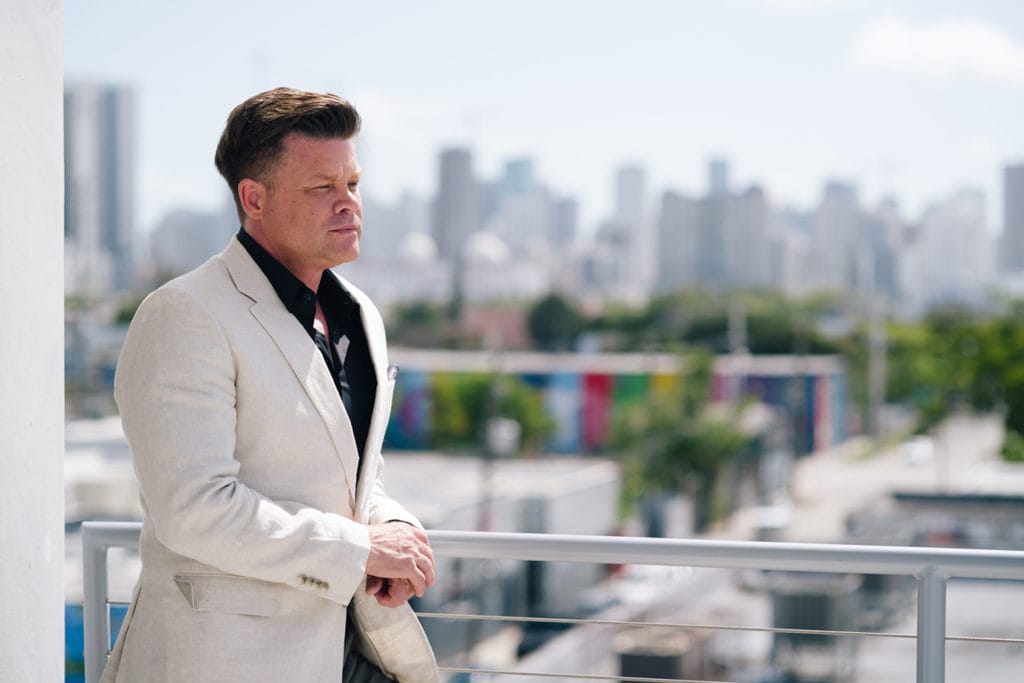By Jess Swanson
When electric scooters started popping up across Fort Lauderdale, Molly Taylor didn’t hesitate to flip up the kick stand and rev the throttle. They’ve become the spunky Intercoastal Realty sales associate’s preferred mode of transportation, and she relies on them not just to run errands but to even show properties around town. One time a client told her he’d be arriving to a listing in Idlewyld via electric bicycle, so Taylor fittingly whizzed down Las Olas on an electric scooter to meet him.
“He loved that!” she says with a laugh. “I’m not the least bit nervous about scooters. I go as fast as possible!”
Fort Lauderdale welcomed a new line of scooters to its fleet this November. But unlike its competitors with offices in Silicon Valley, Bolt is based in Miami Beach. Though it’s launched in 17 cities so far, the company has cornered the local market with a license to operate 500 scooters across Fort Lauderdale. With its bright yellow frame, forward-facing foot rests and rear brake lights, Bolt pegs itself as the safest, most technologically advanced of the electric scooters that lure not just millennials and Gen Z but also their parents. “Younger folks tend to gravitate toward these more quickly,” says Will Nicholas, Bolt’s president of the Americas. “But from the way you position your feet to the height of the handlebars and the illumination that glows under the scooter, we’re making these appealing to all ages, genders and athletic aptitudes.”
Jeff Ransdell prides himself in being an early investor of Uber. But as the venture capitalist learned more about micromobility—transportation solutions for short distances, specifically the first and last mile of a commute—he realized there was a gap in the transportation landscape. “As amazing as these ride-sharing companies are, taking an Uber everywhere isn’t affordable for the average person,” Ransdell says, “even if they’re just taking it the two miles from their apartment to the Brightline stop.”
Ransdell, cofounder and managing director of venture capital firm Rokk3r Fuel ExO, has been smitten with Bolt ever since he rode them around Los Angeles during a 2018 business trip. “It was hot, I was in a suit, and I didn’t think I wanted to get to my next meeting on a scooter,” he says. “But it was exhilarating to hop on a Bolt and be moving at a moment’s notice, zipping past cars stuck in traffic. I went around Hollywood and later Santa Monica on a Bolt, and I could see everyone whipping their heads to get a look at this super-fast scooter.” He’s since come onboard as a strategic investment partner with the company.
For Bolt, it’s not about rushing to be the first electric scooter to market, but one that employs a long-term strategy. For example, its design includes removable batteries, the first for the e-scooter industry. This allows the company to reduce its carbon footprint by charging the batteries remotely and swapping them out, as opposed to the cumbersome task of lugging the scooters to and from charging stations. For many people in South Florida, electric scooters have become their first foray in fully carbon-free transportation.
“Fort Lauderdale doesn’t have a substantial public transit infrastructure,” Nicholas says. “It was ripe to create a transportation alternative for people of all ages and different interests to move around their city.”
Perhaps fittingly, world record holding sprinter Usain Bolt is also a co-founder and global ambassador for the company. The eight-time Olympic gold medalist admits he can run faster than the scooters, but considering that he clocked in at 27.8 mph to set the 100-meter dash world record at the 2009 World Track and Field Championships in Berlin, it’s probably safer that he stays on the scooter. “Whether that’s South Florida, Los Angeles or Paris, it’s the fastest, most sustainable way to get around,” he says. “And sometimes I’m in a hurry, you know?”
This article originally appeared in the Winter 2019-2020 Issue.





